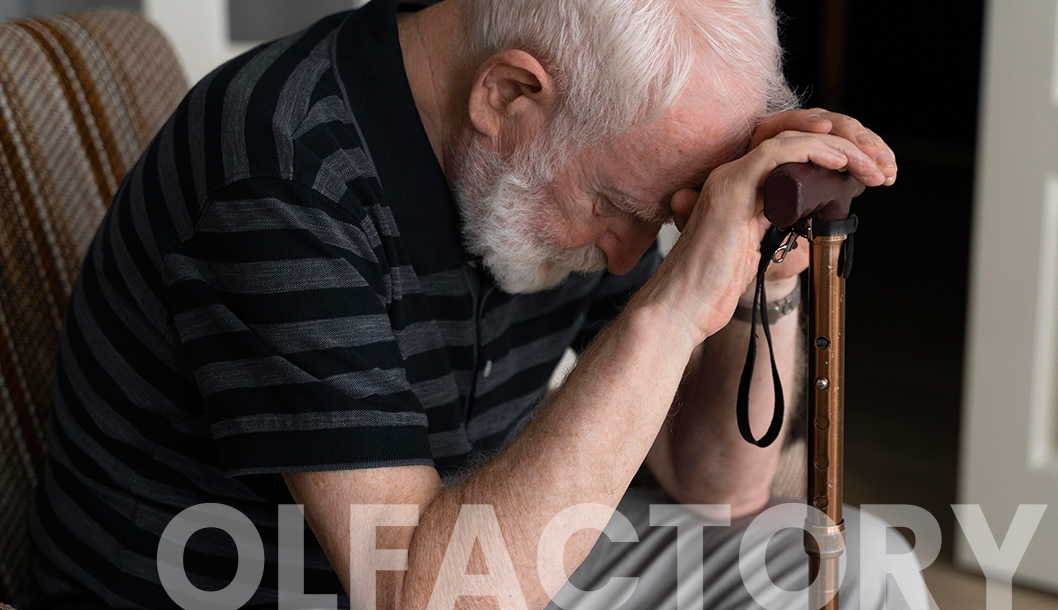The importance of smell
- The sense of smell
- not only allows us to feel the taste and aroma of food, but also transmits signs of olfactory impairment to the precursors of various diseases (dementia, corona, etc.) that appear in our bodies.


-
The nose is an open brain to the world,
and when it loses its sense of smell, life shakes. -
The olfactory function not only detects odors and senses food, but also differentiates spoiled food, prevents exposure to various hazardous accidents through the detection of toxic gases and fire fumes, and is involved in changes in emotions that feel better by smelling good scents.
The many smells that pass through the air into our noses have a subtle yet intense effect on our daily lives. Although it is difficult to see, hear, and taste directly, it plays a decisive role in instilling a perception such as positivity or denial about an object as well as a change in emotion.

- Loss of sense of smell
-
Loss of sense of smell, which is poorly perceived or unidentified, can have a direct impact on life, not just a loss of sensation.
In particular, loss of sense of smell in the elderly is most likely a precursor to neurodegenerative diseases such as Alzheimer's disease or Parkinson's disease, or as a result of various brain injuries. More than 90 percent of patients with Alzheimer's disease or Parkinson's disease have loss of sense of smell, even a few years before the primary clinical symptoms of degenerative brain disease, such as cognitive impairment or walking abnormalities, become apparent.
Since there is currently no underlying treatment for Alzheimer's dementia, digital olfactory diagnostic devices based on dementia-specific scent biomarkers that easily, quickly, and accurately diagnose the aura of dementia in a non-invasive manner can be utilized as a highly effective technique for early diagnosis of dementia.

